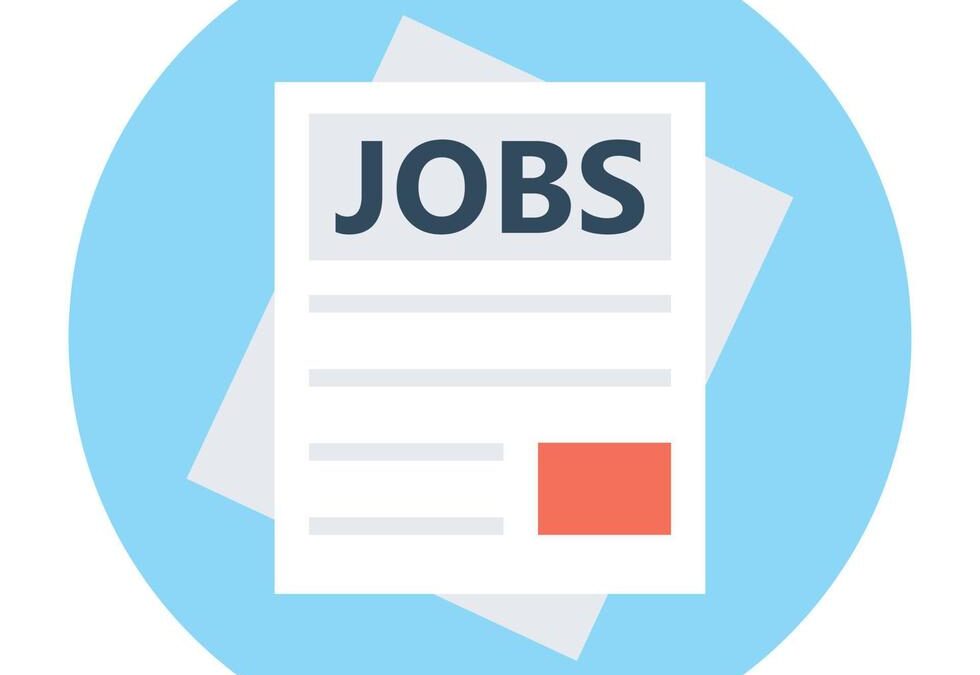
ERROR #404: File Not Found! – Importance of Organizing your Documents
Organizing your documents could seem tedious at first. Until you realize the benefits it has. What is the one common thing about everything that our modern day lives revolve around; be it seeking rental accommodation, admissions into university, or applying for jobs? It is the several documents that form the proof of our legal and social existence. While they are important for almost everything else, they are especially important during your recruitment process. The process of recruitment is inevitably slowed down because of the time prospective employees usually take to produce the required documents. This time can be very easily conserved, and hence help speed up the process of recruitment, and also the efficiency of the same. What are the documents that you need to keep handy? And what are the ways which will help you access them whenever you need to, no matter where you are? Here are three simple and comprehensive steps to help you get this right.
Step 1 of Organizing Your Documents: The Must Haves
The documents that you would absolutely need to keep handy are:
1. Your birth certificate
2. Your Permanent Account Number (PAN) Card (India) and Tax Returns
3. Your Voters ID/Aadhar Card (India)
4. Your Bank details (Passbook/Cheque book/Account Statements)
5. Your current Identity card (student/employee)
6. Your 10th, 12th, and College/Degree mark sheets AND pass certificates
7. Your Passport
8. Proof of Residence – Electricity bill/ rental agreement.
9. Certificates or letters to support anything you may have mentioned on your recent resume (internships, previous work experience, volunteering experiences, competitions/contests)
10. A bunch of passport and stamp sized photographs
Step 2 of Organizing Your Documents: Print and Scan
It is not advisable to keep originals of most of these documents with you. It is much safer to have them kept at your permanent residence, or any other place of safety. As a viable alternative, scans and copies of these documents are widely accepted. Scan each of these documents to always have a soft copy with you. Apart from scanning them, make photocopies (preferably color where required) of the same to keep ready when required.
Step 3 of Organizing Your Documents: Access
The most important part of doing this exercise to make you have access to any or all of the above documents whenever and wherever you may need them. Keep the hard copies in a separate folder after labeling it appropriately. Apart from ensuring you have access to the tangible copies, make sure soft copies of all these documents are accessible to you virtually. The best way to go about it is to store it in multiple places. Make a folder on desktop, copy them onto your pen drive and your hard drive, upload them on to your Google drive and also email them to yourself. That way, you have access to them in every possible scenario.
You might think, you don’t even need to go through the effort of organizing your documents right away. Even if you cannot foresee a situation which will require you to access these documents in the near future, it is advisable to do this exercise nonetheless. In fact, the best time to do it is when there is no pressure. This helps you organize in an even better way. We’ve tried our best to make this list as comprehensive as possible. What is something you would add to this list, to make it even more comprehensive? Comment below!
Did this post help you? Help others too, by passing it on!






